Apple has plans to revolutionize health care with the Apple Watch
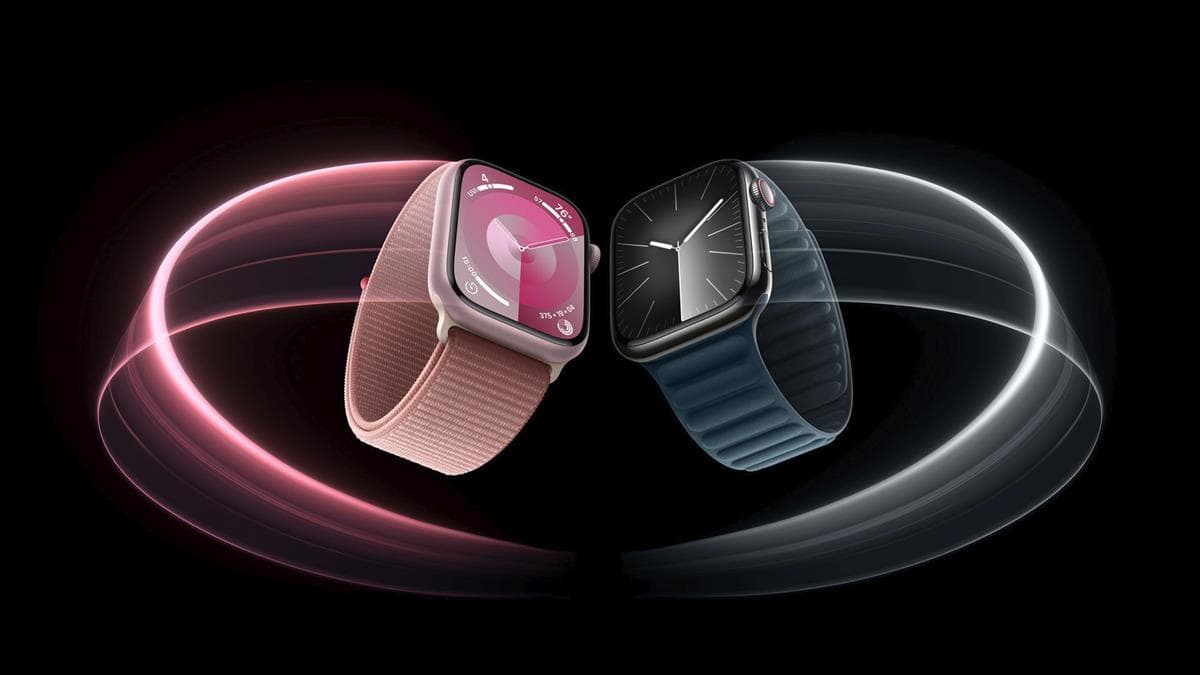
Apple could be working on several enhancements for its wearables to revolutionize health care. A report by Bloomberg's Mark Gurman and Drake Bennett goes into the details about the upcoming features in the next-gen Apple Watch.
Apple's journey in health care began in 2011, under the leadership of Steve Jobs, who had asked his executives to develop a non-invasive blood sugar monitor, so people with diabetes wouldn't have to prick themselves to check their blood glucose levels. This was an uphill task, as even medical device makers had tried to design something like it, but failed to do so. Apple had created a secret start-up called Avolonte Health, to recruit engineers, without telling them that they would be working on ways to revolutionize diabetes care.
Jobs passed a year later, but his mission continued, and 4 years later, Tim Cook unveiled the Apple Watch in 2015, earmarking what would become the most successful wearable in the world. Of course, the first generation of the Apple Watch had limited capabilities such as heart rate monitoring, a step counter, a calorie counter, etc. It offered more features than a fitness band does.
But this was nowhere close to what the original vision was, Apple wanted to make the watch a medical lab on the wrist, featuring its glucose monitor. If you watched the recent iPhone and Apple Watch stream, you may have noticed how it kicked off the event by showing how the Apple Watch had helped diagnose underlying medical conditions such as irregular heart rate, and alerted the user about it, which in turn helped improve their lives.
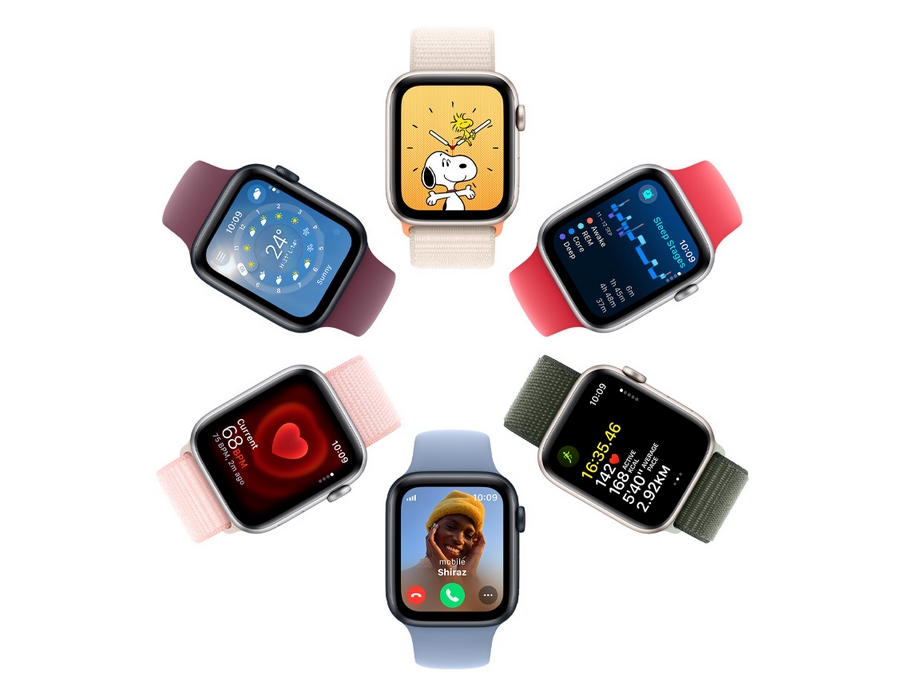
The company had been using Avolonte, to hire experts in the medical field for its research. It has used it to source components for its smartwatch, conduct human trials, without gathering attention from prying eyes. Apple had pumped hundreds of millions of dollars into the project, to work on short-wave infrared absorption spectroscopy, which basically involves shining lasers through the skin and gathering the data based on the intensity of the light that is reflected back to the sensor.
Unfortunately, Apple faced several hurdles in its goal to make a noninvasive system which had to support several skin tones, and check various blood types. But the biggest challenge was to fit all these sensors into a tiny little device that measures 2 by 2 inches. It couldn't do it, and Apple shifted its marketing strategy to promote it as a luxury wearable for managing phone calls, notifications, tracking fitness, etc., instead of calling it a health device.
The company is still working on designing a glucose monitor. The project was moved to Apple's campus during the COVID-19 pandemic, and has been functioning under the Exploratory Design Group, or XDG, which is a secretive team in the chip design division. It is reportedly being overseen by a top Apple executive who worked in the development of Mac and iPhone.
Apple has reportedly shelved numerous health products such as a bathroom scale, a blood pressure cuff that didn’t need to inflate, watch straps that had sensors to gather data from the underside of the wrist, a bed-mounted sleep tracker, a nightstand device with sensors to monitor users, a nutrition tracker in the Health app, etc. Some of these features, such as the sleep tracker, were integrated in the Apple Watch.
Apple wants to revolutionize healthcare
Over the years, the company has made several strides in improving the health capabilities of the Watch such as sleep tracking, and a thermometer that can measure your body temperature for fertility tracking. The wearable is even capable of recording an electrocardiogram with its ECG app, and checking your blood oxygen levels. Apple introduced life-saving features such as crash detection and fall detection, which can alert emergency services to help you, and also notify your loved ones about the situation. The Apple Watch has been praised by Doctors, emergency rescue personnel, and users for its reliability.
Apple is working on bringing advanced health features such as sensors to monitor the blood pressure, hypertension, and sleep apnea by monitoring the user's sleep and breathing patterns. These features could be added to the Apple Watch in 2024. Meanwhile, its next-gen AirPods could have hearing aid capabilities, and this is not the first that we are hearing about the feature.
Its mixed-reality headset, the Vision Pro, could also boast some health and fitness capabilities such as antianxiety and enhanced meditation features, as well as mental health features such as reinforcing positive thinking. The lenses and sensors in the wearable could be used to monitor the cognitive health. Apple is said to be working on a paid health coach service built on artificial intelligence to help users. This could be added to the Vision Pro, to allow users to exercise in a virtual environment, like Meta's Quest does.
Apple's Chief Operating Officer Jeff Williams, and Tim Cook are worried about incorrect diagnosis which could tarnish the company's image. This is part of the reason why Apple is treading cautiously when presenting the user the data gathered by their Watch.
Apple is cautious about the accuracy of health data
For example, the upcoming blood pressure sensor and blood glucose systems will not provide the exact readings, or diagnose conditions related to their health. Instead, the system would just notify the user when their blood pressure / glucose level is trending upward, and ask them to make an entry in the Journal to note down what they were doing / was happening when the reading was detected. It may also suggest the user to consult their physician to get their blood pressure / blood sugar checked. The pulse oximeter sensor in the Apple Watch only shows the percentage, but doesn't go into the details about it.
This could change in the future, when the Apple Watch may display the exact numbers, along with a diagnosis of underlying conditions. An insider said that Apple is not interested in post-sick health care, and that the company is working on nanotechnology and software for detecting conditions. Apple wants to get health regulatory approval to tell the user about their health, such as using the watch's thermometer to detect a fever. It is already capable of AFib detection, which is useful for people who have the condition, so they can see how long they are in a state of atrial fibrillation.
Apple Watch was close to supporting Android devices
Another surprising bit of information from Gurman and Bennett's article is that Apple nearly added Apple Watch support for Android. The company's engineers had been working on making the Watch and the Health app compatible with Android phones. However, Project Fennel, which was its code-name, was shelved, because Apple believed that "giving up the watch to Android would dilute the value of it to the iPhone."
This seems like a missed opportunity. There are a lot more Android users than those who have iPhones. That's primarily because most people can't afford to buy a $1,000 iPhone 15, but many of them would have bought an Apple Watch for $399, or an Apple Watch SE for $249 to monitor their health. Let's say Apple sold a million SE models to be used Android devices every year in the U.S., we would be looking at close to $25 Million in sales, the revenue from this would have been quite profitable. Now imagine if this happened on a global scale, the company could be raking in billions.
From a moral perspective, if Apple really wanted to help improve people's health like it claims to do, it could have supported Android too, it should have. But, of course, it chose the monopolistic route instead, by wanting to protect its iPhone sales, and made the Apple Watch exclusive to it. So, a buyer would have to shell out $1,300 to $1,500 to get an iPhone and an Apple Watch. But, Apple's strategy has been successful. Believe it or not, Apple's wearables, home and accessories generates about $40 billion a year in revenue. That accounts for about 10% of its annual revenue. Experts say that the fitness and health tracker market could become a $200 billion / year industry within a decade. Well, no wonder Apple wants to invest in health care.







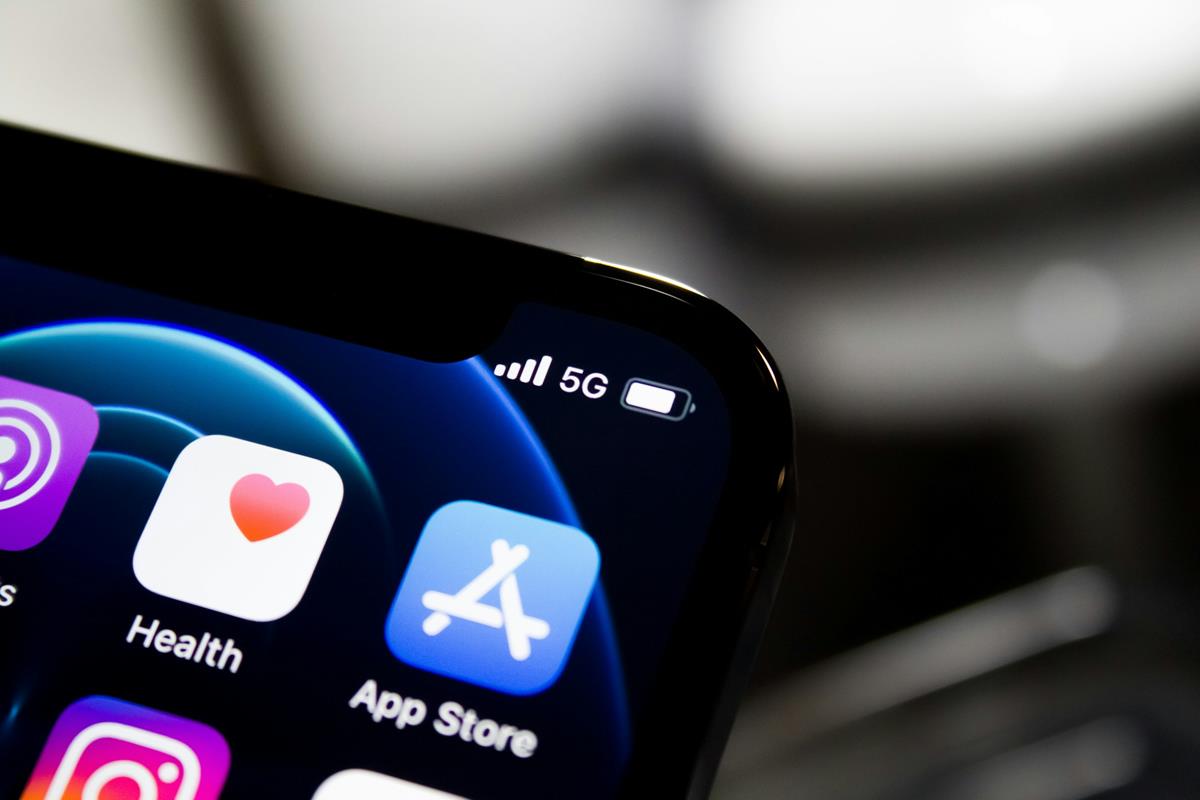
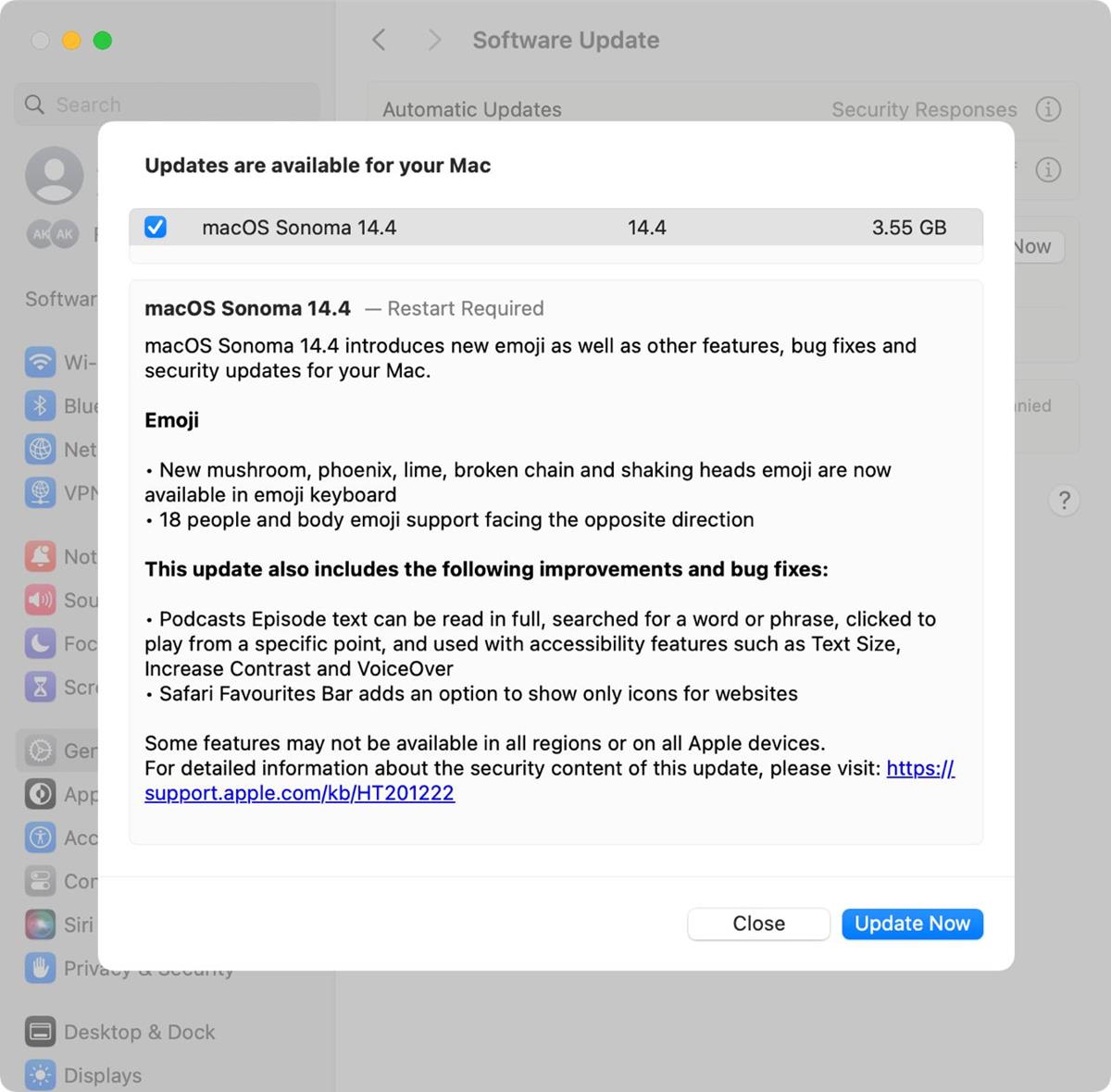


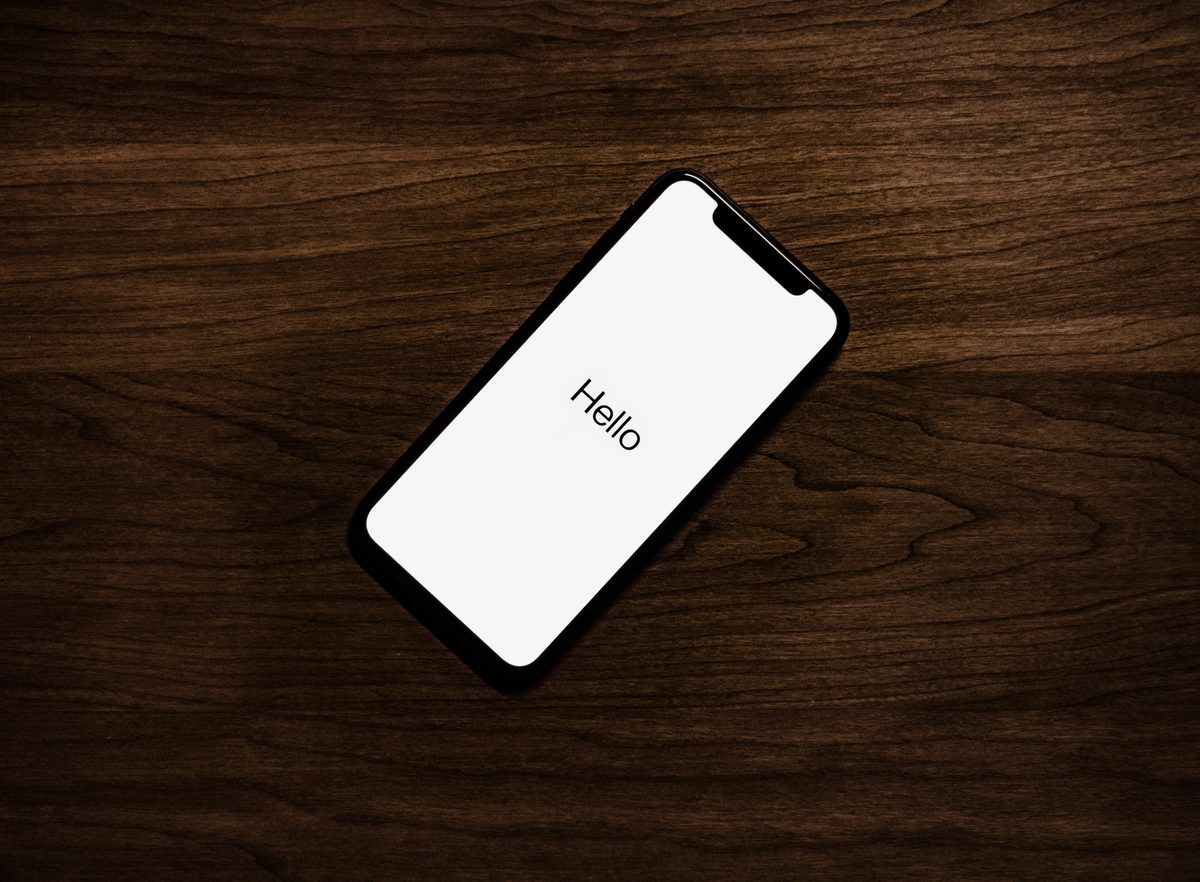
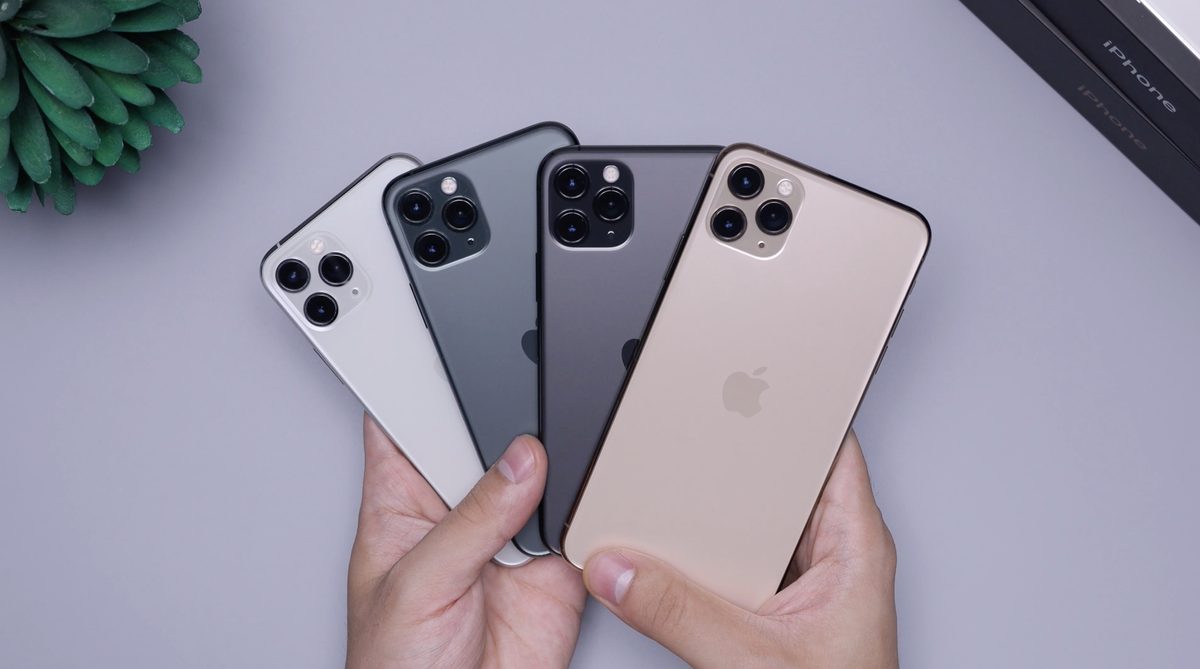









Theranos.
That said, Apple clearly haven’t gotten anywhere near an approval submission to FDA. Marketing nonsense. These things will never happen. Anyone using a phone for any kind of health reason deserves what they get, unfortunately.